Classics has long been seen as tradition only of private schools.
But one Angus teacher has been bringing the subject back to state schools – and his work has earned him recognition from a prestigious Classics organisation.
George Connor, who teaches English at Monifieth High School, was awarded the prize for outstanding state sector initiative by The Classics Association – the largest classical organisation in Great Britain.
The prize was given for George’s work in introducing the subject to over 250 pupils at the Angus school, as well as assisting over a dozen other schools in Scotland to set up their own Classics courses.
The subject of Classics is often used as an umbrella term that can refer to Latin, Classical Greek, Classical Civilisation and Ancient History.
Recognition of hard work
The Monifieth teacher was nominated for the award by a number of his colleagues and former pupils and was invited to a special black tie dinner held in Swansea last month to receive it.
George, who also runs his own website dedicated to the subject called Working Classicists, said: “(Receiving the award) really took me by surprise.”
Celebrating the successes, dedication and creativity of #ClassicsTeachers with the Award Winners for Innovative Pedagogy @LEJenksBrown State Initiative @MisterConnor1 and New Teacher Alex Winch
And to John Hazel, Danny Pucknell, @SHM_EdenEnglish in absentia- congratulations all! pic.twitter.com/6v8YC8aaDJ— The Classical Assoc. (@Classical_Assoc) April 11, 2022
“To an extent, the subject has been a play thing for the private schools and it doesn’t have great visibility outside of that.
“So it did make me feel like the work we are doing is being seen and it is progressing; it’s an encouragement to go on and do more.”
Private school subject
The subject is often seen as bastion of private schools, and figures show that although just 4% of pupils in Scotland are privately educated, more than 60% of those who study classics at university are from fee-paying schools.
But with the increasing visibility of ancient history in popular culture, George believes the subject could soon be on the rise in state schools.
“It feels to me like there is a growth of interest in the ancient world and you can see that in a lot of the books at the moment”, George said.
“I think we’ve reached the point where more and more schools recognise it’s a big part of popular culture and they are reaching out and introducing it.
“It’s like the Elgin Marbles – the British Museum have kept them safe and looked after them brilliantly but they don’t belong there, they should go back to Greece.
“Equally, the private schools have kept classics alive but it’s now reached a point where it should be given to the general public and it should be part of general education.”
School league tables 2022: Here’s how Fife and Tayside secondary schools rank

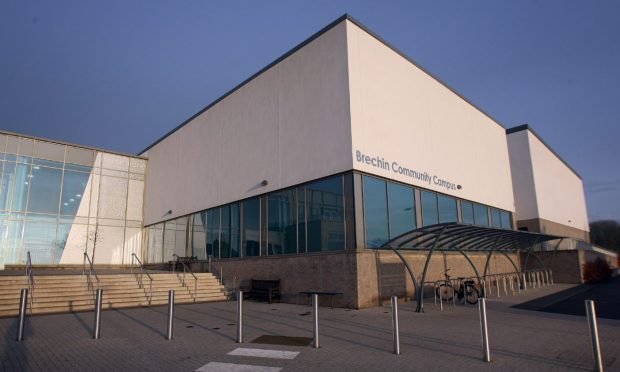
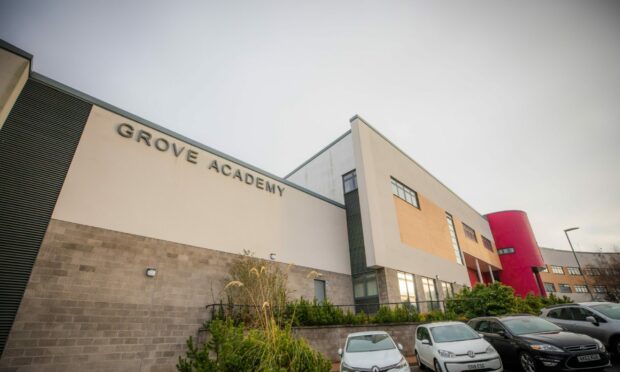


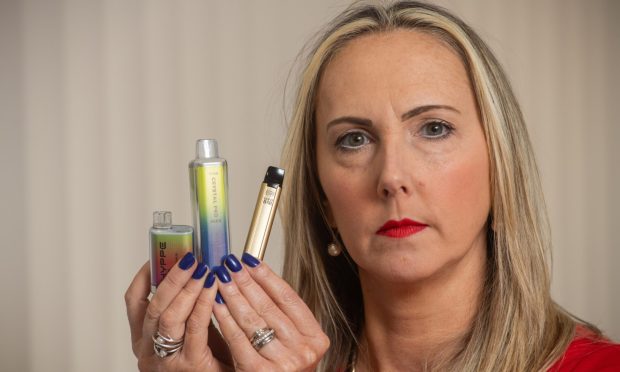
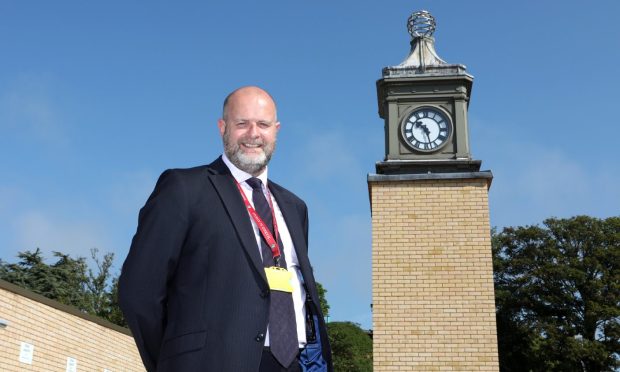
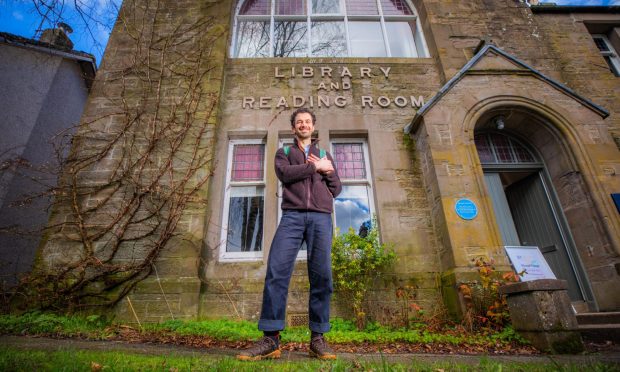

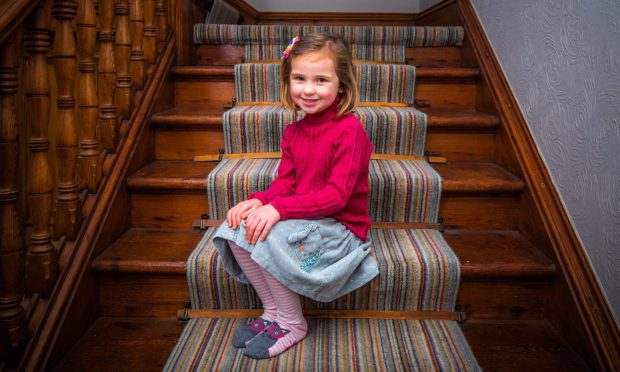

Conversation